Enabling Parents to Get What They Need to Support Children to Learn
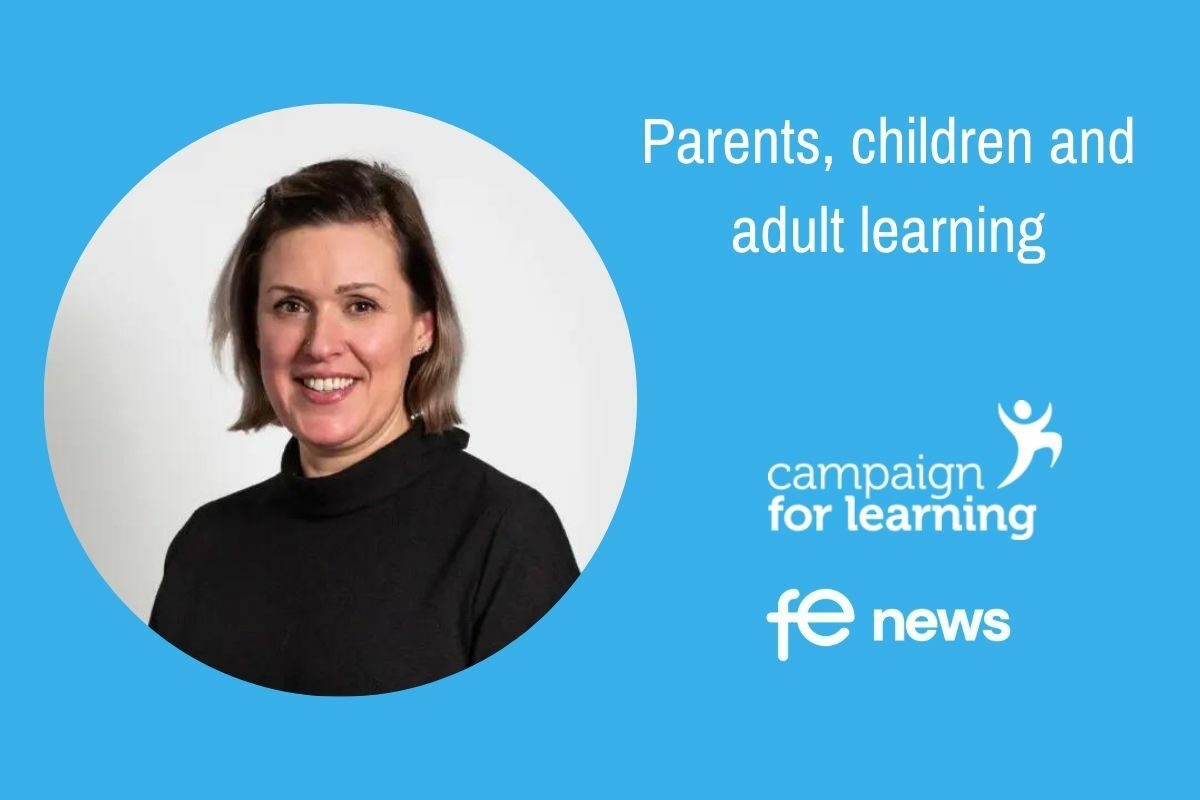
Since the pandemic, parents have played an increasing role in their child’s education and it is welcome that the valiant contribution they have made is being recognised by policymakers. The Government’s ‘Parent Pledge’, which forms part of its Schools Bill, formalises schools’ accountability to parents if their child falls behind in English or maths. Whether or not the pledge is enough on its own to ensure that outcomes improve for children who are left behind or struggling, it is vital that the link between home and school is encouraged and strengthened.
The Impact of Lockdowns on Parental Participation
When many children switched to remote learning at home during the lockdowns as part of the national response to Covid-19, parents assumed a more pivotal role in their child’s learning. Parentkind research found that many parents grew in confidence supporting their child’s learning, took positives from it and became more involved in their education. Over half said that they felt more engaged in their child’s learning compared to before the lockdowns. What’s more, they wanted it to stay that way.
Parentkind polls during the pandemic asked what additional resources parents needed to support their child’s learning at home. They identified ‘more live lessons’, ‘better explanations of work being set’ and ‘more feedback’ as areas they wanted more of to further improve their confidence.
Supporting Learning Beyond The Pandemic
While children are now almost entirely back in the classroom, parents still have lots of ways to support their child’s learning. Reading with children is a great way to improve their literacy and oracy skills, as well as expand their knowledge – and it’s also great for opening up bigger conversations.
Age-appropriate discussions about events in the news can dramatically help to clarify and broaden children’s understanding of the world they live in, which is knowledge they can apply to different areas of schoolwork. Not every household will have a large collection of books, but libraries, including pop-ups and mobiles, are a cost-effective alternative and trips out often have their own educational rewards.
Sitting with young people while they complete homework is another essential way in which parents contribute to their child’s education. For parents who lack confidence in specific subjects, many schools run adult learning sessions that cover aspects of the curriculum that their child is learning. Even simple things like parents talking positively about education can keep children approaching their school experience confidently.
The Role of Parent-Teacher Associations
Whatever a parent’s background, skills or level of learning, joining their school’s PTA is a great way to support children to learn. It provides local knowledge and helps to make connections, including with teachers and other parents. The evidence shows that when parents are encouraged to participate at school, their children’s attainment improves.
Parents tend to cite lack of time and not having been approached as the most common barriers to becoming more involved in the life of the school. As PTAs are run entirely by volunteers, any additional help is likely to be appreciated. PTAs’ achievements benefit the educational experience of all of the children at the school, often supplying invaluable extras such as additional learning resources, school trips and playground equipment.
The closest possible home and school relationship will forge a route to the best outcomes for every child. In order to achieve that goal, Parentkind has come up with three policy solutions along with the Centre for Education Youth (CfEY).
Recommendation 1
Parent participation must be embedded in every school. This over-riding principle is ideally embedded in the school system using Parentkind’s Blueprint for Parent-Friendly Schools. The five key drivers powering it are: leadership, ethos and resources; effective two-way communication; supporting learning at home; involvement in school life; and community engagement.
Recommendation 2
Parents should be consulted about their children in schools. This should be achieved effectively, enabling parents to discuss, make decisions about and offer feedback on their child’s education.
Recommendation 3
Parent consultation should take place at local, regional and national levels. Local authorities and Multi-Academy Trusts should consult with parents, ensuring that consultations on issues affecting parents or family life are accessible.
By Kerry-Jane Packman, Executive Director, Parentkind
Read Campaign for Learning‘s press release here.
Parents, Children and Adult Learning: Family Learning Policy in the 2020s
Read previous articles here:
- Driving-Up Parental Engagement in Educational Catch-Up, Sam Freedman, Research Fellow, Institute for Government
- Focusing on Parents to Improve Social Mobility, Lee Elliot-Major, Professor of Social Mobility, University of Exeter
- Encouraging Parental Involvement in Children’s Learning Through School Communication, Adrian Burt, Founder, MarvellousMe
- Balancing Parental Support and Independence of 16-18 Year Olds in Further Education, Noni Csogor, Research and Policy Manager, Sixth Form Colleges Association
- Involving Parents and Guardians in Careers Support for 11-18 Year-Olds, Lesley Thain, Head of Career Programmes, Gatsby Foundation


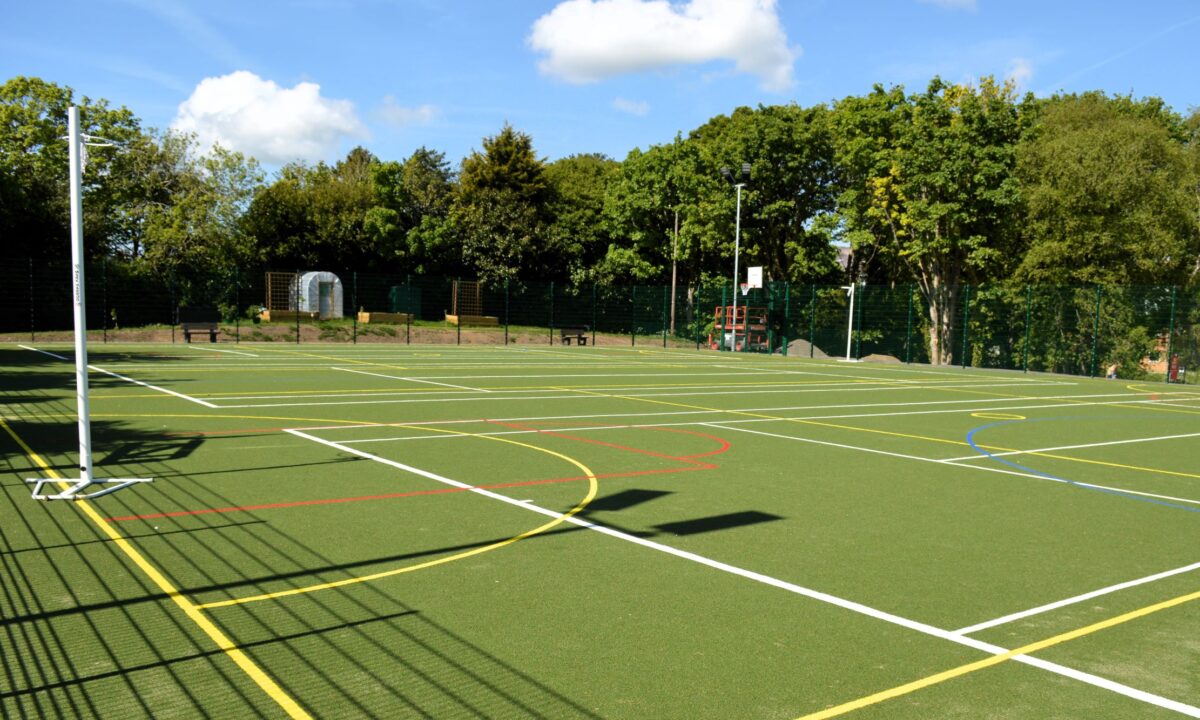


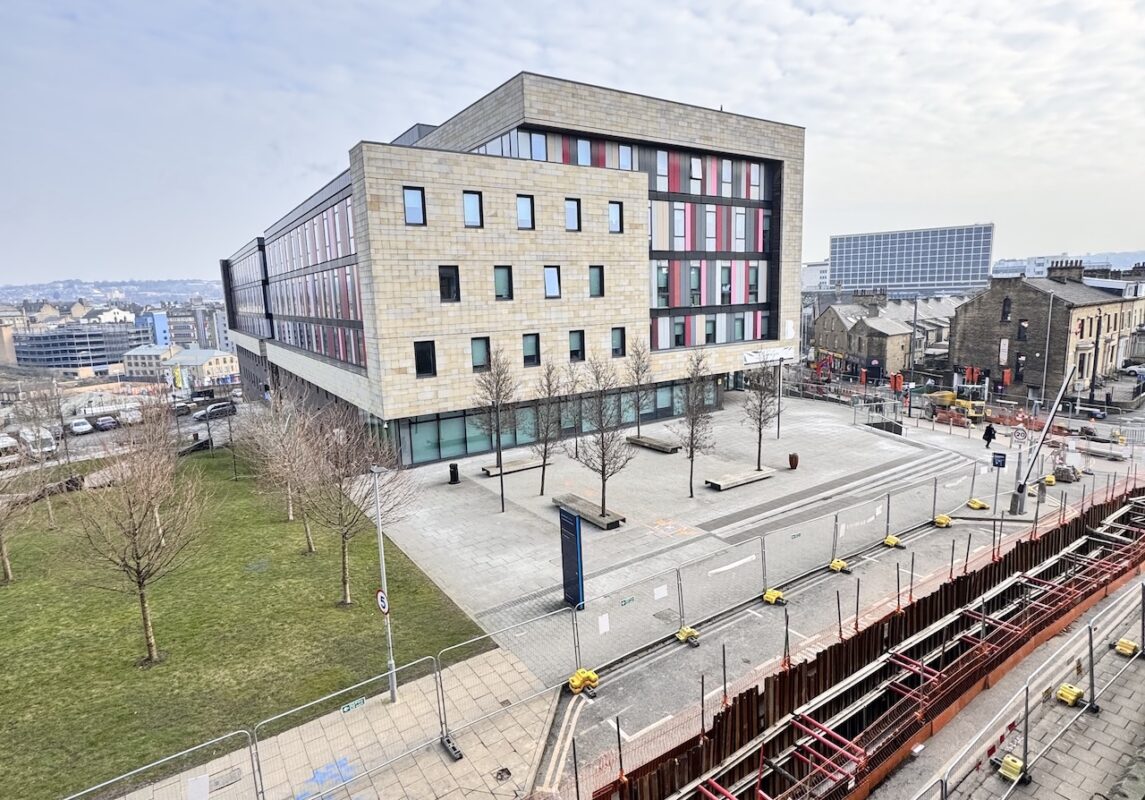

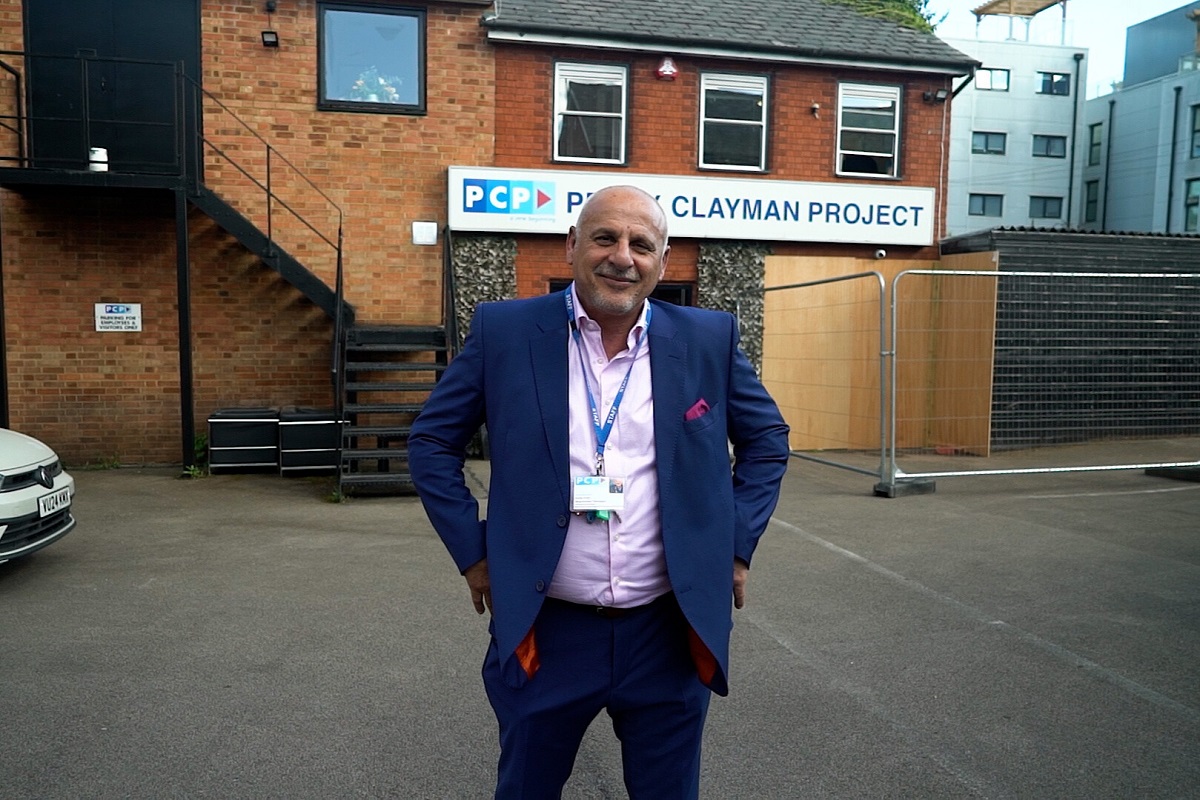
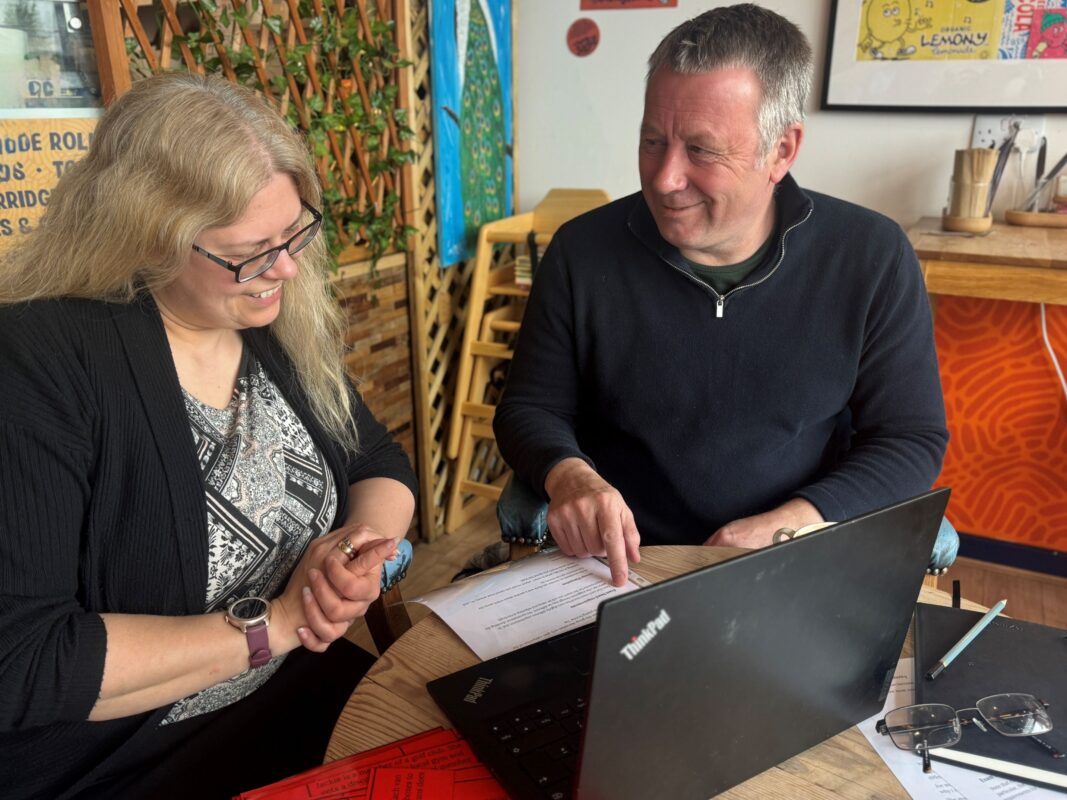
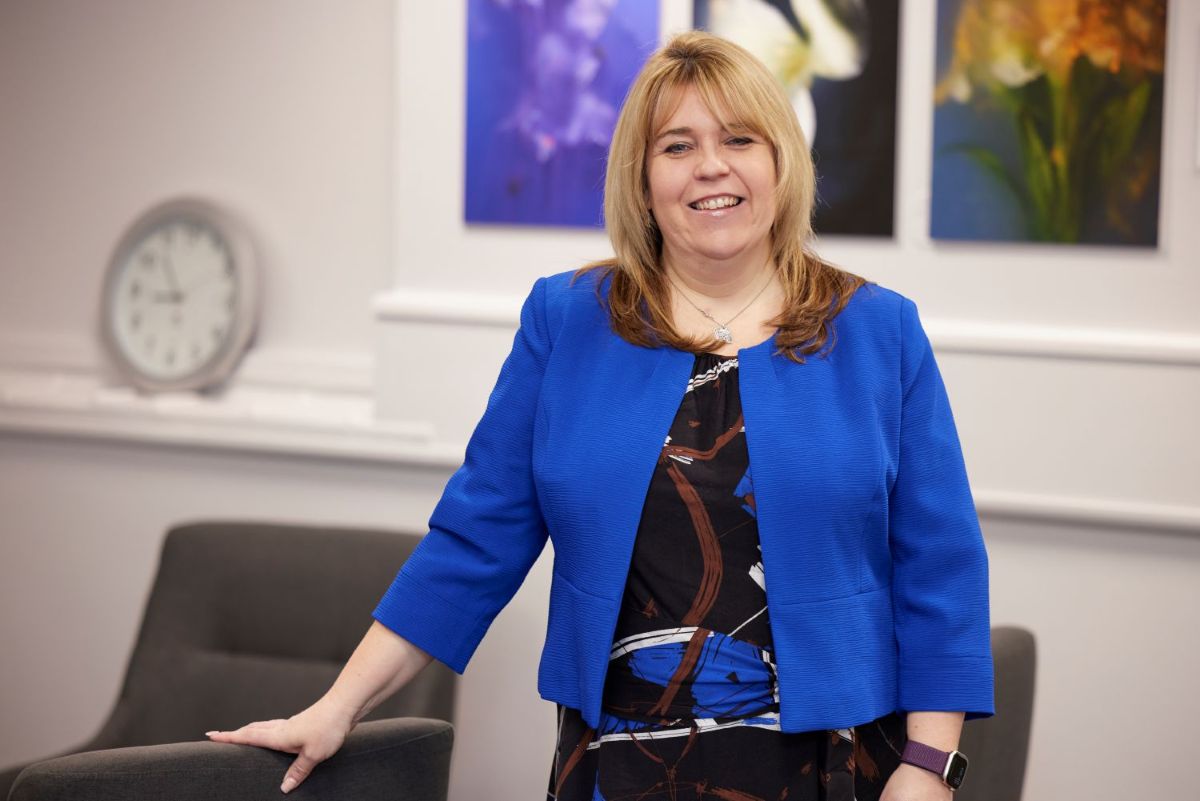

Responses